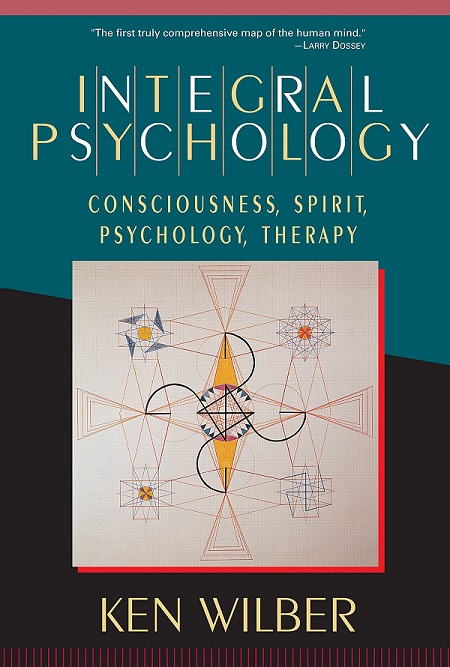It is no great shakes to think of psychology as the study of human consciousness, not to speak of its manifestations in human behaviour. Because, what is fundamental to consciousness is something that most of us know only too well: perception, desire, will, and the ability to act.
Even though all of us comprehend that the structures of consciousness include a host of unconscious identities — the body, mind, soul, and spirit — we may also construe that the states of consciousness embrace normal and altered entities. This includes wakefulness, dreams, sleep, and non-ordinary and/or meditative states, respectively. In addition, you have modes of consciousness, their relational and behavioural aspects, with their reciprocal interface vis-à-vis the objective, exterior world — and, pooled values of discernment.
It has also been a commonplace epitome: that psychology emerged, all by itself, and in its totality in the late-1800s in Wilhelm Wundt’s laboratory at Leipzig, just out of the blue. Hence, the enormous dilemma with the stream — different schools of psychology have their own focus — the only aspect worth studying is the one that is the pristine keynote of a particular school.
Here’s why: behaviourism, for the most part, condensed consciousness to observable manifestations, and psychoanalysis to structures of the ego and id. Existentialism compacted consciousness, in like manner, with its own personal structures and forms of intentionality.
Integral Psychology
This brings us to a new daylight view, or the subjectively objective synthesis, of the American philosopher and writer, Ken Wilber’s classy book, Integral Psychology: a novel, all-inclusive register of the human mind. In addition, Wilber’s work links consciousness, spirit, psychology, and therapy, through historical precepts; it also creates a psychological model that encompasses states of consciousness and their development, from the subconscious and self-conscious to super-consciousness.
The word, psychology, says Wilber, means the study of the psyche — and, psyche means mind and soul. This is why the roots of psychology lie deep within the human soul and spirit. The term psyche, Wilber adds, was coupled with logos to form psychology in sixteenth-century Germany, although who actually first used the word, in context, is still debated. So, what triggered an echo in his mind soon enraptured him. He just had to explore, and find out the fountainhead of the subject’s origin, because somebody had to tell.
Destiny was manifest when Wilber stumbled upon Gustav Fechner’s classic, Life After Death. The book’s noteworthy opening lines, “Man lives on earth not once, but three times: the first stage of his life is continual sleep; the second, sleeping and waking by turns; the third, waking forever,” were to Wilber what the Leaning Tower of Pisa was to Galileo.
This isn’t all. In Fechner’s own dimension: “In the first stage man lives in the dark, alone; in the second, he lives associated with, yet separated from, his fellow-men, in a light reflected from the surface of things; in the third, his life, interwoven with… Universal Spirit… is a higher life.” In other words, Fechner’s dictum simply means this: first, the body develops itself from its germ, working out organs for the second. In the second stage, the mind develops itself from its germ, working out organs for the third; and, in the third the divine germ develops itself and lies hidden in every human mind.
The Book Of It
It’s said that Dr Sigmund Freud directly ‘borrowed’ the concept of the id from George Groddeck’s The Book of the It. And, Fechner, as Wilber contends, always maintained that the whole Universe is spiritual in character, the phenomenal world of physics being merely the eternal manifestation of that reality. In so doing, Fechner, says Wilber, nested a pecking order of increasing inclusiveness — a type of fundamental methodology. It is precisely this essentiality that runs through Wilber’s work: a classical view of psychology that includes the wholesome truths of body, mind, soul, and spirit, and not their diminution to material exhibits, digital bits, empirical processes, or objective systems.
Wilber’s pivotal insight is a purposeful line of thought — of what is in consonance attuned to modern psychology. Modern psychology, as we all know, has managed to be fully scientific and spiritual without the least variance, or complexity — in what appears to be a liberal cuddle. It takes its inspiration from the genesis of Fechner, among others, all right. And, it also includes the best of modern scientific research on psychology, consciousness, and healing, aside from the philosophical connotations of the East and West.
Result: a landmark book that reveres and celebrates every equitable facet of human consciousness, just as it is.
Integral Psychology
Ken Wilber
Shambhala Publications, Inc
pp: 320
Price: ₹1,589.00

